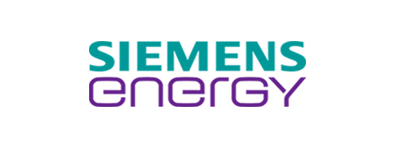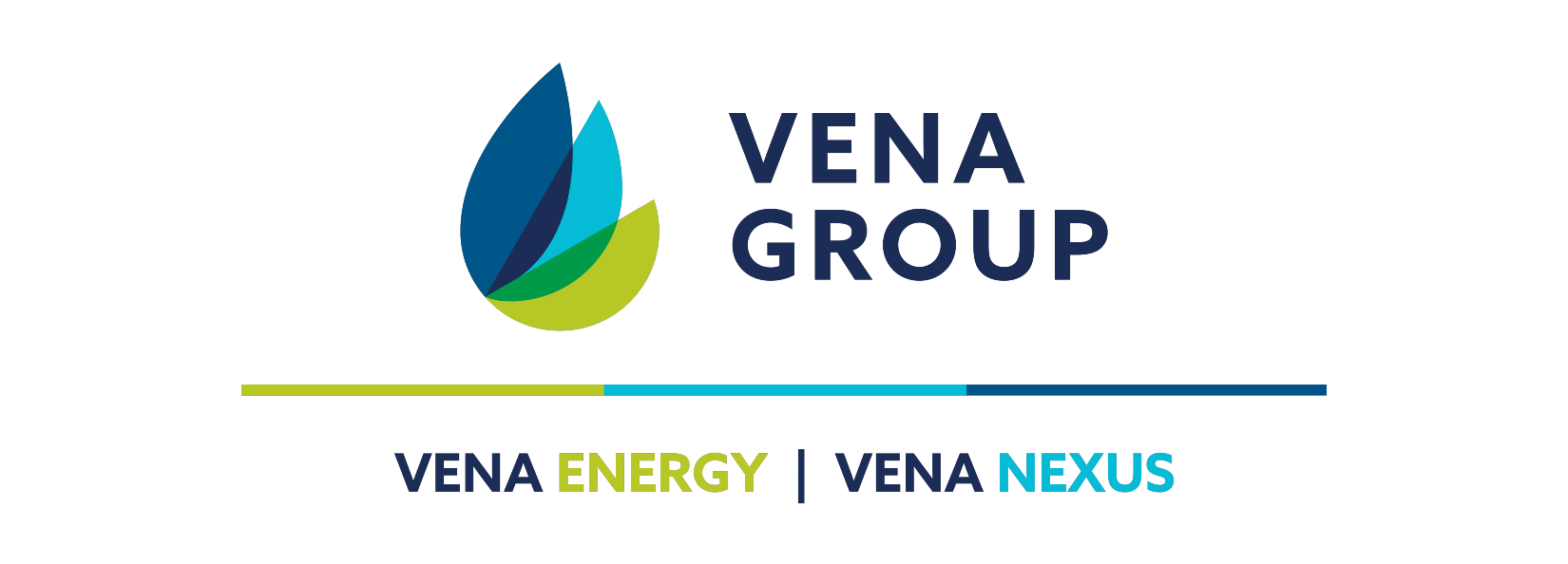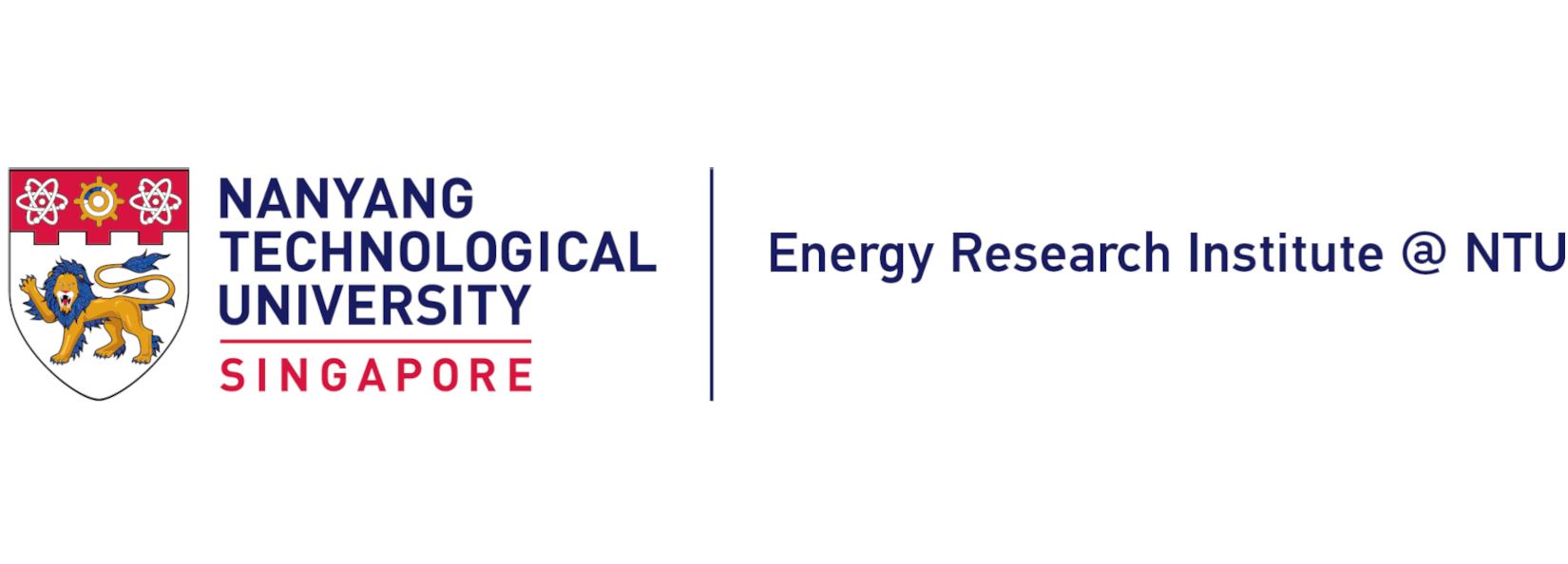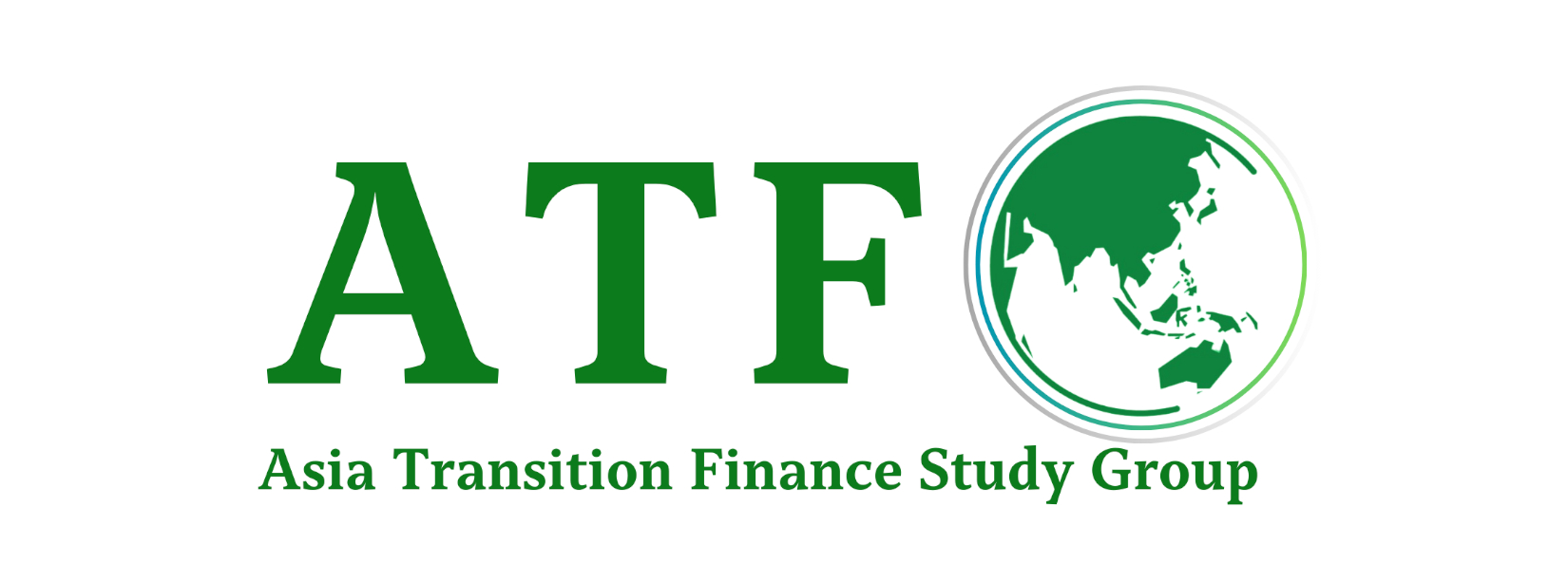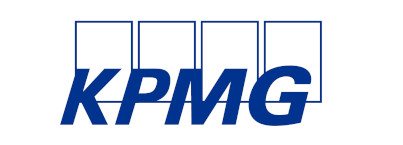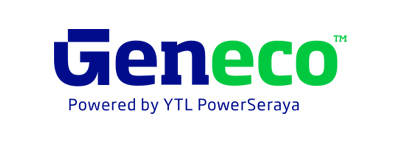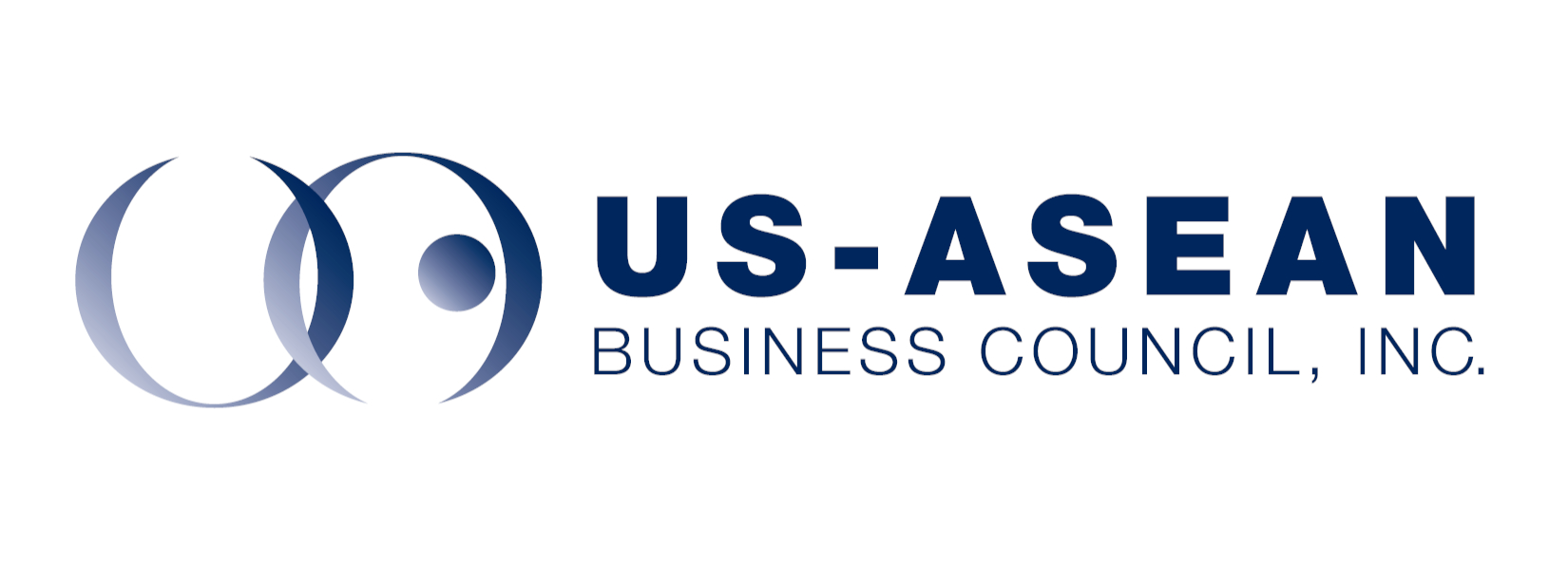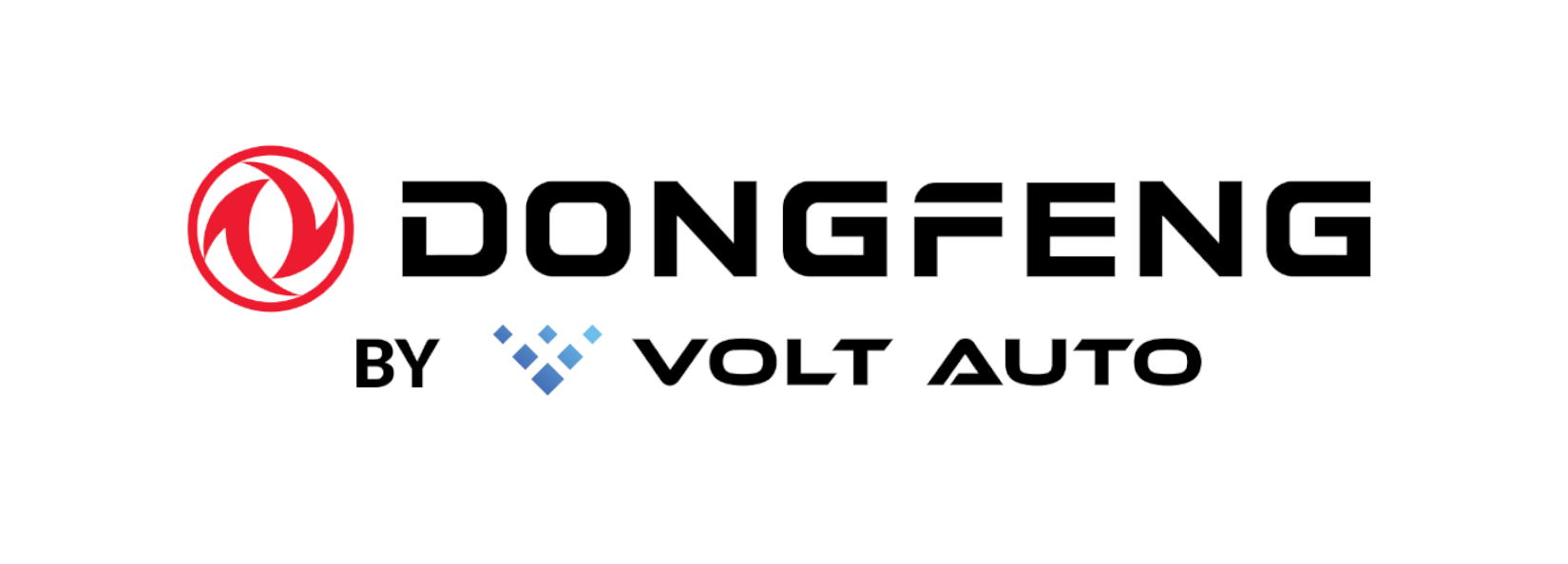Collaboration and innovation vital to accelerate decarbonisation: An interview with Kazuhisa Yano, Executive Chairman, Osaka Gas Singapore and Chief Asia Representative, Osaka Gas
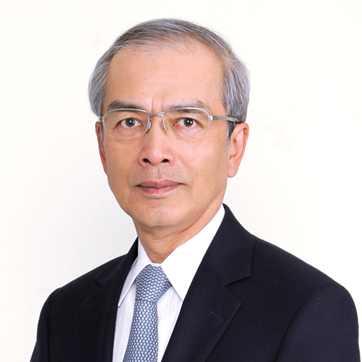
Collaborative and innovative efforts must be undertaken if the net zero transition is to occur at the pace and scale needed. Osaka Gas' Kazuhisa Yano shares how this is helping his company make real-world progress in getting decarbonisation initiatives off the ground.
-
The Daigas Group announced its Carbon Neutral Vision for 2050 last year. What were some achievements and milestones reached over the past one year?
Under the Daigas Group Carbon Neutral Vision announced in January 2021, we aim to become carbon neutral by 2050 and plan to meet the goal through a number of initiatives, including the following two decarbonisation approaches. One is the carbon neutralisation of city gas with methanation, a technology to synthesise gas from green hydrogen and captured carbon dioxide (synthetic methane or e-methane). The other is the decarbonisation of electricity sources with increased renewables in the power generation portfolio.
In another initiative, we continue to strive for the reduction of CO2 emissions in society. We have set the target of 50% renewables in the Group’s power portfolio in Japan as a milestone for 2030. We are also aiming for 5GW contribution to the development of renewable sources globally, which includes our own capacity development and ownership as well as power procurement from other companies. As of today, this contribution has reached about 1.49GW.
For the reduction of our customers’ CO2 emissions, we promote the wider and advanced utilisation of natural gas. At Toyobo Co., Ltd.’s Iwakuni Production Center, we started work last year to convert the Center's power plant from coal-fired to gas- and refuse plastic fuel (RPF)-fired.
For the technological development of methanation, we have been conducting underlying research on solid oxide electrolysis cell (SOEC) methanation to unlock its potential for highly energy- efficient methane synthesis using CO2 and renewable energy. Our SOEC methanation was adopted as the Japanese Government’s Green Innovation Fund Project in April this year. In the project, which is scheduled for nine years from fiscal 2022 to 2030, we aim to develop the world’s most efficient synthetic methane production technology, leveraging our expertise in SOEC methanation.
What are some of Osaka Gas’ latest innovations and initiatives in the ASEAN region?
The Daigas Group has been working on energy initiatives in Southeast Asia. In Singapore, Osaka Gas Singapore has entered into a Memorandum of Understanding (MOU) with Singaporean energy players, including City-OG Gas Energy Services (City-OG) and City Energy. This is to conduct a feasibility study on a methanation project. The study examines the feasibility of utilising clean hydrogen and CO2 captured domestically to produce synthetic methane (e-methane) and to supply to local consumers through the existing pipeline network. E-methane is compatible with not only the existing gas distribution networks, but also the existing gas facilities and appliances. This will curb the social costs of decarbonisation. As a carbon-neutral fuel consisting of recycled CO2 and green hydrogen, e-methane will contribute to the carbon neutralisation of city gas in Singapore.
Another initiative is in operation in Indonesia where we are evaluating the use of biomethane produced from palm oil mill effluent (POME). POME is known to contain large quantities of organic material resulting in significant methane emissions. In collaboration with PT Pertamina, JGC Holdings Corporation and INPEX Corporation, we are studying bio-methane production using POME sourced from Sumatra and Kalimantan and supplying to consumers in Indonesia, including Java.
Further progress in these initiatives will require rule making for CO2 emissions accounting and certification. We hope to see greater government initiatives and leadership in these areas for the acceleration of the carbon-neutral initiatives.
In your view, what is the role of hydrogen in revolutionising Asia’s energy mix?
We are participating in a hydrogen-related project in Singapore where Keppel Data Centres (Keppel DC) is planning to develop a hydrogen-powered green data centre. Under the MOU signed with KDC, City-OG has the responsibility in studying optimal procurement of fuel including hydrogen while we are also working with Woodside Energy to study feasibility of establishing liquefied hydrogen supply chain for importing green hydrogen from Australia to Singapore.
Participation in this project is a highly valuable opportunity for the Daigas Group to demonstrate its capabilities in Singapore, which is the showcase of energy transition in Asia and is making pioneering efforts in various fields. We would like to contribute to the success of the project by leveraging our experience and know-how accumulated through our Liquefied Natural Gas (LNG) value chain business. We also hope to apply the expertise and knowledge we gain through this project to future decarbonisation projects in other Southeast Asian countries.
In building a hydrogen economy, it is also important to make effective use of existing gas infrastructure and combustion equipment, as constructing hydrogen infrastructure from scratch will require a considerable amount of cost and time. E-methane, a carbon-neutral hydrogen carrier, is considered as one of the fuels that are compatible with existing infrastructure and combustion equipment.
What are the key opportunities for Osaka Gas in accelerating the energy transition?
Over the years, we have been contributing to the reduction of carbon emissions in Japan by promoting fuel conversion from petroleum and coal to natural gas, a lower-carbon fuel, and the advanced utilisation of energy with high-efficiency combined heat and power (CHP) units and fuel cells.
We would like to do the same in Southeast Asian countries, leveraging our know-how and experiences accumulated through our operations in Japan. We wish to provide support for the countries' introduction of natural gas which will ensure the reduction of carbon emissions because of the availability of established technologies and a stable energy supply value chain. Introducing natural gas will help achieve a seamless transition to decarbonisation when e-methane is introduced in the future, with the gas infrastructure and appliances being compatible with e-methane.
We also aim to expand the natural gas value chain in Southeast Asia. Since we established Osaka Gas Energy Supply and Trading Pte. Ltd (OGEST), our LNG trading arm in Singapore, in April 2020, we have been increasing our trading volume on a global basis.
We are expanding into sectors such as transportation where gas demand is expected to grow. We entered the city gas distribution business in India late last year, targeting the gas demand of compressed natural gas (CNG) vehicles. Meanwhile, we are considering participating in the business to supply LNG as a sustainable fuel for vessels in the near future.
How is Osaka Gas helping to shape “A Resilient and Sustainable Energy Future”?
With the need for a stable energy supply growing in importance due to the recent global energy situation, we continue diversifying LNG sources to support the transition towards a sustainable society.
We are also maintaining our existing gas infrastructure for its continued usage in a carbon-neutral economy to reduce the social costs of the transition and to ensure energy resilience. Once methanation technologies are commercialised, continued usage of existing infrastructures will achieve an efficient carbon neutralisation of heat demand.
Meanwhile, for the advancement of technological development, to which collaboration among partners from industries and countries is key, we are working closely with stakeholders to drive the development of technologies that can address social issues such as climate change.
About Kazuhisa Yano
Kazuhisa Yano is Executive Chairman of Osaka Gas Singapore Pte. Ltd., an affiliate of the Daigas Group and a leading Japanese corporate group energy business. He assumed his current responsibilities on 1 April 2018.
Prior to the present position, Yano experienced his senior executive assignments at Osaka Gas Co., Ltd. as Heads of the Commercial & Industrial Energy Business Unit (April 2016 – March 2018) and the Energy Resources & International Business Unit (April 2014 – March 2016).
Yano experienced other executive positions in the fields of corporate communications, commercial and industrial energy marketing, and regional networking, between June 2007 and March 2014.
In the fields of international energy business, Yano in his previous responsibilities worked as manager for business planning and development, as well as for asset management. These were both within Osaka Gas and its power business subsidiary, Gas & Power Investment, between 2000 and 2007.
After joining the company in 1981, Yano was assigned in marketing divisions for almost 20 years, which covered activities ranging from residential to commercial and industrial business planning and sales.
Yano was educated at Kobe University where he earned a Bachelor's degree in Business Administration. He also did academic work at the University of Reading in the UK as a graduate student (MSc in Urban Land Appraisal) and as a Fellow at the Kennedy School of Government at Harvard University.
Yano was born in November 1958.











